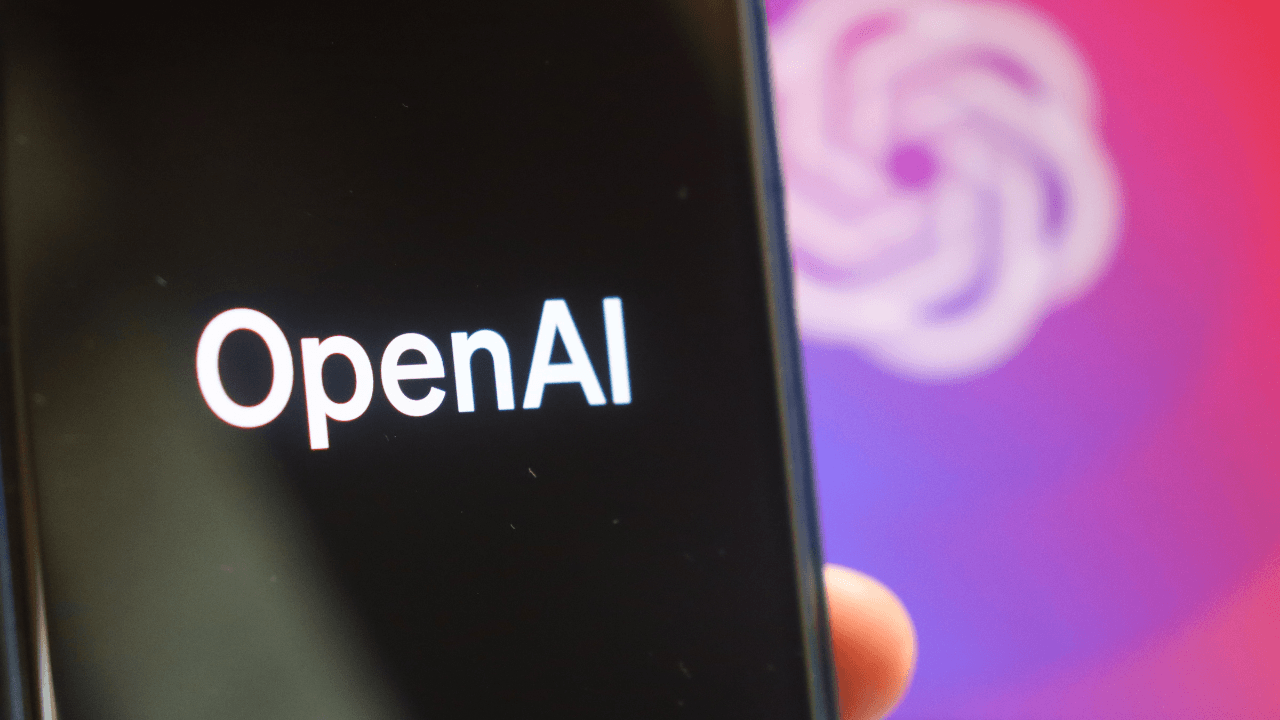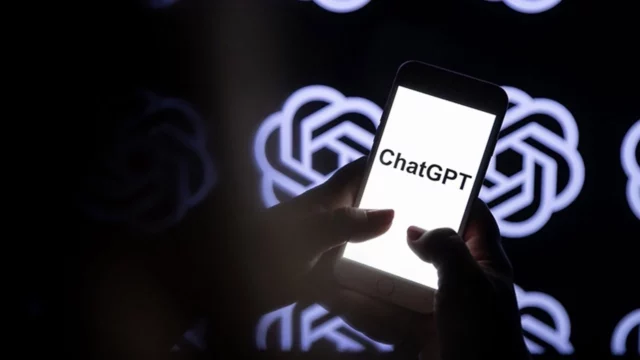The Munich Regional Court in Germany ruled that OpenAI’s ChatGPT artificial intelligence model violated German copyright law by “learning” from copyrighted song lyrics.
OpenAI to Pay Royalties
This ruling sets an important precedent in European lawsuits against the unauthorized use of creative works for AI training. The court ruled in favor of GEMA, an organization with approximately 100,000 members that protects the rights of composers, songwriters, and music publishers. GEMA filed the lawsuit against OpenAI in November 2024.

According to GEMA, ChatGPT used the lyrics of nine famous German songs in its “learning” process. Among the artists featured in the court ruling are Herbert Grönemeyer and Helene Fischer. The court ordered OpenAI to pay damages for the unauthorized use of the material, but the amount of the damages was not disclosed.
GEMA legal counsel Kai Welp said they hoped that negotiations would begin with OpenAI on how to compensate copyright holders following the ruling. OpenAI, however, argued that its models do not “copy” specific songs and instead learn on large datasets. The company also argued that users are responsible for the content ChatGPT produces, but the court rejected this argument.
OpenAI released a statement regarding the ruling, stating that it disagrees with the decision and is considering an appeal. The company stated, “The decision applies to a limited number of lyrics and does not affect the millions of people, businesses, and developers in Germany who use our technology every day.”
The German Journalists’ Association called the decision “a landmark victory for copyright law.” OpenAI has previously faced lawsuits filed by authors and media organizations in the US on similar grounds.













